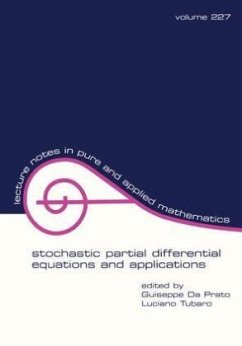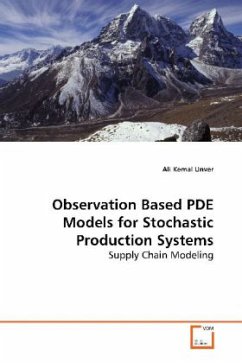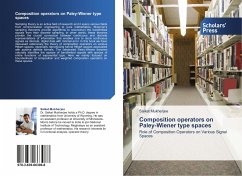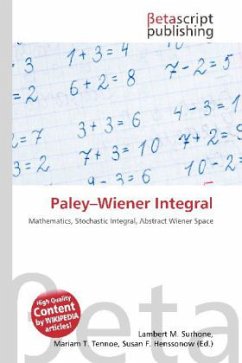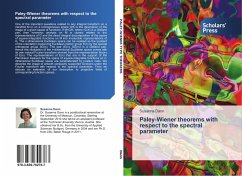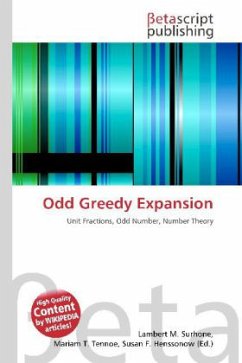
Wiener Chaos Expansion and Numerical Solutions of Stochastic PDE
A spectral method for uncertainty quantification
Versandkostenfrei!
Versandfertig in 6-10 Tagen
52,99 €
inkl. MwSt.

PAYBACK Punkte
26 °P sammeln!
Stochastic partial differential equations (PDE) are widely used in modeling complex phenomena of fluid dynamics, random media, materials science, chemistry, biology, etc, where large structures and dominant dynamics are governed by deterministic laws, while the unresolved small scales, microscopic effects, and other uncertainties can be naturally modeled by stochastic processes. This book studies how to solve stochastic PDEs numerically based on Wiener chaos (Hermite polynomial chaos) expansion. Wiener chaos expansion is a spectral expansion of the stochastic solution in the probability space....
Stochastic partial differential equations (PDE) are widely used in modeling complex phenomena of fluid dynamics, random media, materials science, chemistry, biology, etc, where large structures and dominant dynamics are governed by deterministic laws, while the unresolved small scales, microscopic effects, and other uncertainties can be naturally modeled by stochastic processes. This book studies how to solve stochastic PDEs numerically based on Wiener chaos (Hermite polynomial chaos) expansion. Wiener chaos expansion is a spectral expansion of the stochastic solution in the probability space. The coefficients of the expansion are governed by a coupled deterministic PDE system, which represents the propagation of the space time randomness inherent to the original stochastic PDE. This book provides a detailed and rigorous introduction to the Wiener chaos expansion theory, and addresses a few critical difficulties of its numerical solutions for stochastic PDEs. Some interesting numerical applications are also provided, such as invariant measure of stochastic Burger equations, front propagation of stochastic reaction-diffusion equations, etc.




